Picture yourself standing in front of a majestic Bengal tiger, observing its behaviour patterns and ensuring its optimal health and wellbeing. Or imagine designing innovative enclosures that promote natural behaviours in endangered species while educating thousands of visitors about conservation. This is the world of zoology – a captivating scientific discipline that combines rigorous research with hands-on animal care, offering endless opportunities for those passionate about understanding and protecting the animal kingdom.
Zoology, derived from the Greek words “zoon” (animal) and “logos” (study), is the scientific study of animals and their behaviour, physiology, classification, and distribution. Far from being a simple observation of cute animals, zoology represents one of the most comprehensive and challenging branches of biological science, requiring deep understanding of everything from molecular biology to ecosystem dynamics.
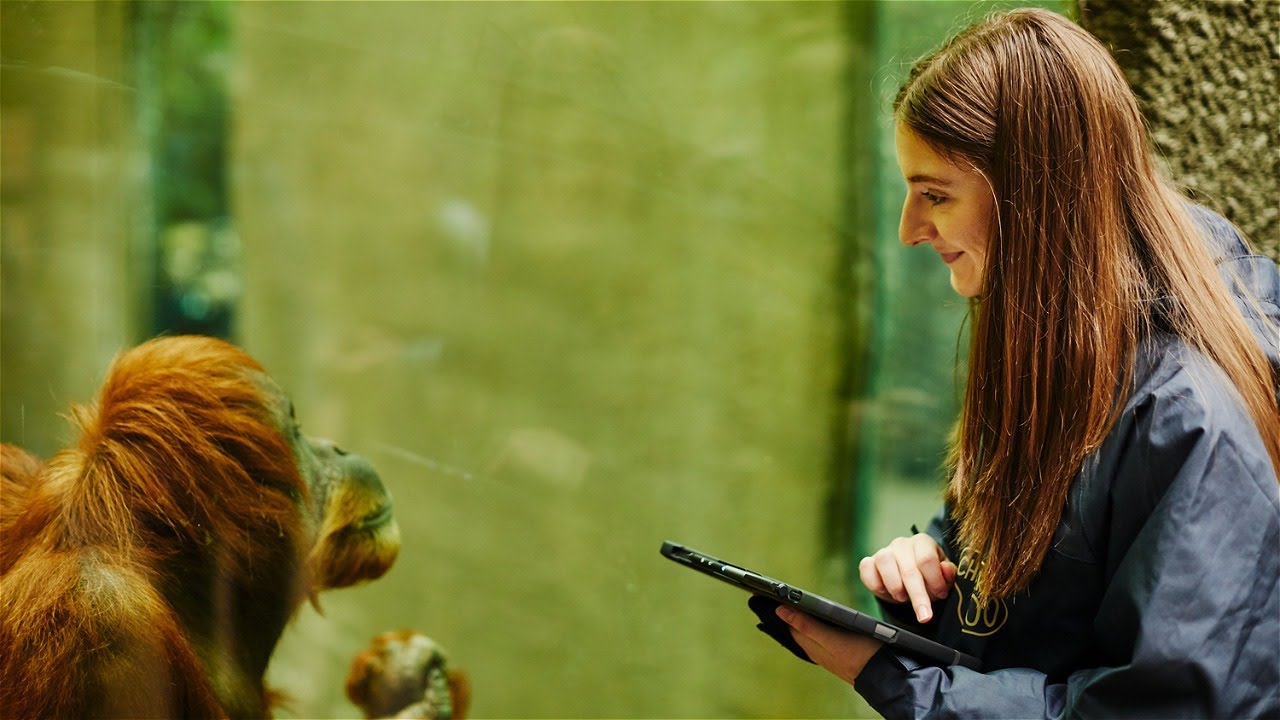
The Scope of Modern Zoology
Modern zoology encompasses an incredibly diverse range of disciplines and specializations. At its core, zoology examines animal life from multiple perspectives: anatomical structure, physiological processes, behavioural patterns, evolutionary relationships, and ecological interactions. This multidisciplinary approach makes zoology both fascinating and complex, requiring students to master various scientific methodologies and analytical techniques.
The field has evolved dramatically since its early days of simple animal classification. Today’s zoologists employ cutting-edge technologies including genetic sequencing, satellite tracking, advanced imaging techniques, and computer modelling to understand animal life at unprecedented levels of detail. This evolution has created exciting career opportunities that didn’t exist just decades ago.
Contemporary zoology also addresses pressing global challenges. Climate change, habitat destruction, species extinction, and human-wildlife conflict require zoological expertise to develop effective solutions. This practical relevance makes zoology not just academically interesting but critically important for our planet’s future.
Core Areas of Zoological Study

Animal Anatomy and Physiology
Understanding how animals are built and how their bodies function forms the foundation of zoological knowledge. This includes studying organ systems, skeletal structures, muscular systems, nervous systems, and reproductive biology. For someone pursuing a zoology course, this knowledge is essential for understanding why animals behave as they do and how to provide appropriate care in captive environments.
Comparative anatomy – examining similarities and differences between species – provides insights into evolutionary relationships and adaptive strategies. This knowledge proves invaluable when designing enclosures, developing feeding protocols, or creating breeding programs for endangered species.
Animal Behavior and Ethology
Ethology, the study of animal behaviour, represents one of the most fascinating aspects of zoology. This field examines how animals communicate, hunt, mate, care for their young, and interact with their environment. Understanding behavioural patterns is crucial for zoo professionals, wildlife managers, and conservation specialists.
Behavioural studies inform everything from enclosure design to enrichment programs. A zoology course that emphasizes behavioural understanding prepares students to create environments that promote natural behaviours while ensuring animal welfare and public safety.
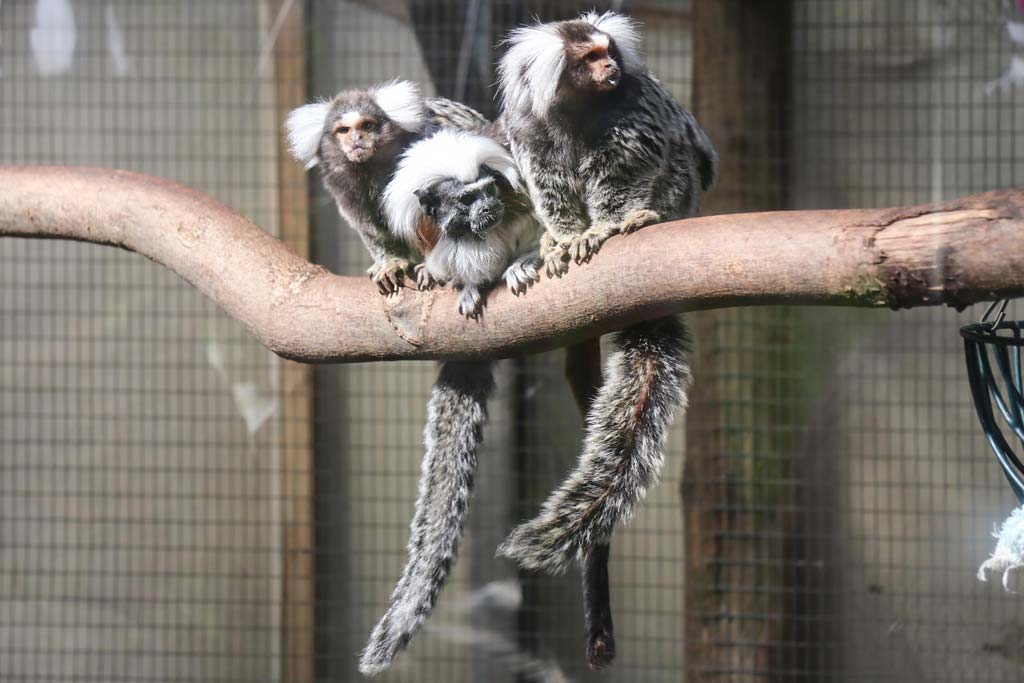
Taxonomy and Classification
Organizing and classifying the incredible diversity of animal life requires sophisticated understanding of evolutionary relationships and taxonomic principles. With over 1.5 million described animal species and potentially millions more awaiting discovery, systematic classification remains a vital component of zoological science.
Modern taxonomic work increasingly relies on genetic analysis to determine evolutionary relationships. This molecular approach has revolutionized our understanding of animal diversity and continues to reveal surprising connections between seemingly unrelated species.
Ecology and Conservation Biology
Zoology extends beyond individual animals to examine their interactions with environments and other species. Ecological understanding is crucial for conservation efforts, wildlife management, and creating sustainable captive breeding programs.
Conservation biology applies zoological knowledge to protect endangered species and preserve biodiversity. This rapidly growing field offers numerous career opportunities for zoology graduates committed to making a positive environmental impact.

Career Opportunities in Zoology
The diversity of zoological knowledge opens doors to an equally diverse range of career opportunities. While many people associate zoology primarily with zookeeping, the field actually encompasses numerous professional pathways that cater to different interests and skill sets.
Zookeeping and Animal Care
Zookeepers represent the most visible zoology professionals, working directly with animals in zoos, aquariums, safari parks, and wildlife sanctuaries. This hands-on role requires comprehensive understanding of animal behaviour, nutrition, health care, and husbandry practices. A quality zoology course provides the foundational knowledge needed to excel in these competitive positions.
Modern zookeeping involves much more than feeding and cleaning. Today’s zoo professionals participate in breeding programs, conduct behavioural research, design enrichment activities, and educate the public about conservation issues. Advanced positions may involve managing entire animal collections or specializing in particular taxonomic groups.
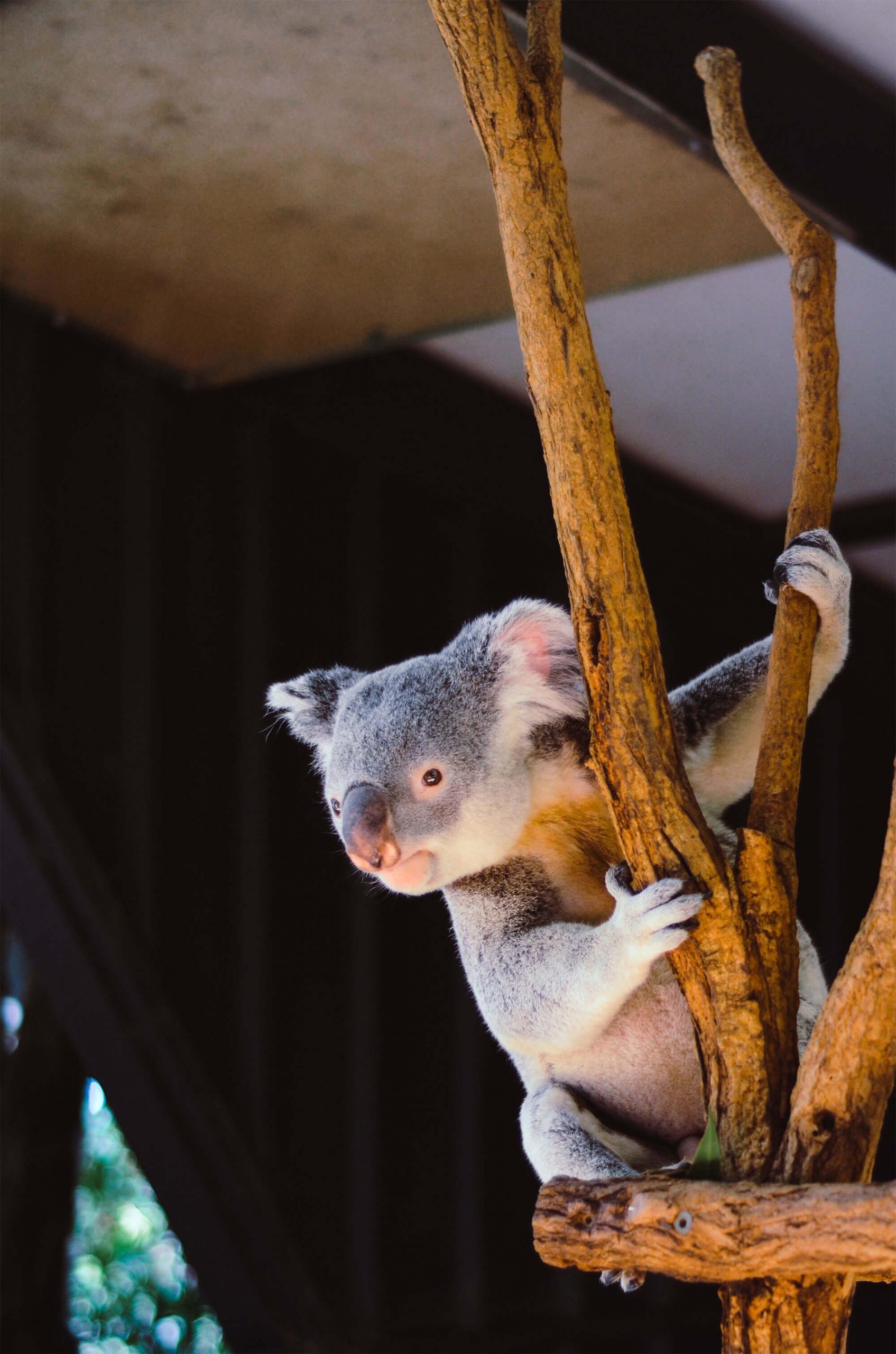
Wildlife Research and Conservation
Research zoologists work in universities, government agencies, and conservation organizations to study animal populations, behaviour, and ecology. This work often involves field research in remote locations, data analysis, and publication of scientific findings.
Conservation organizations employ zoologists to develop and implement species recovery programs, habitat restoration projects, and wildlife management strategies. These roles combine scientific expertise with practical conservation action.
Aquarium and Marine Science
Marine zoologists specialize in aquatic animals, working in aquariums, marine research institutions, and oceanographic organizations. This specialization requires understanding of marine ecosystems, aquatic animal physiology, and water quality management.
Career opportunities range from aquarium curator positions to marine conservation fieldwork. The growing awareness of ocean health issues has created expanding opportunities in marine zoology.
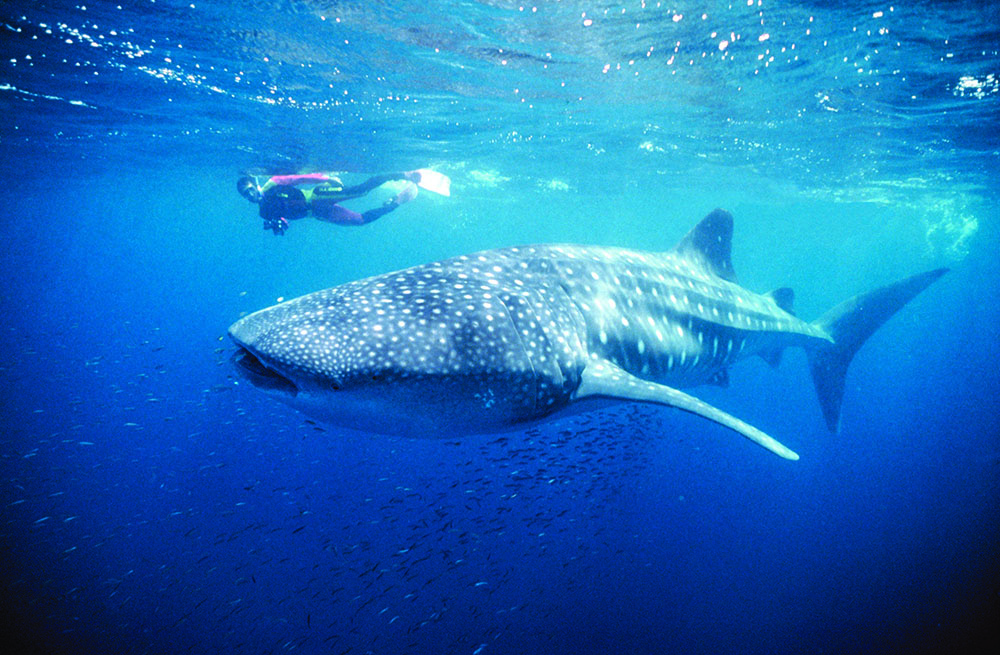
Education and Outreach
Many zoologists work in educational settings, teaching others about animal science and conservation. This might involve formal teaching positions, developing educational programs for zoos and museums, or creating content for wildlife documentaries and publications.
Educational roles allow zoologists to share their passion while building public understanding of animal science and conservation needs. These positions often combine scientific expertise with communication skills.
The Importance of Formal Training
While passion for animals provides excellent motivation, professional success in zoology requires comprehensive formal training. The field demands understanding of complex scientific concepts, practical skills, and industry knowledge that can only be gained through structured education.
A comprehensive zoology course provides several critical advantages. First, it ensures students develop a solid foundation in all core areas of animal science. Second, it provides exposure to industry standards and practices that govern professional animal care. Third, it offers networking opportunities with industry professionals and fellow students.
The competitive nature of zoology careers makes formal training essential. Employers consistently prefer candidates with relevant educational credentials and demonstrated competence in animal science principles. A zoology course certificate provides tangible evidence of commitment and knowledge that can distinguish candidates in competitive job markets.
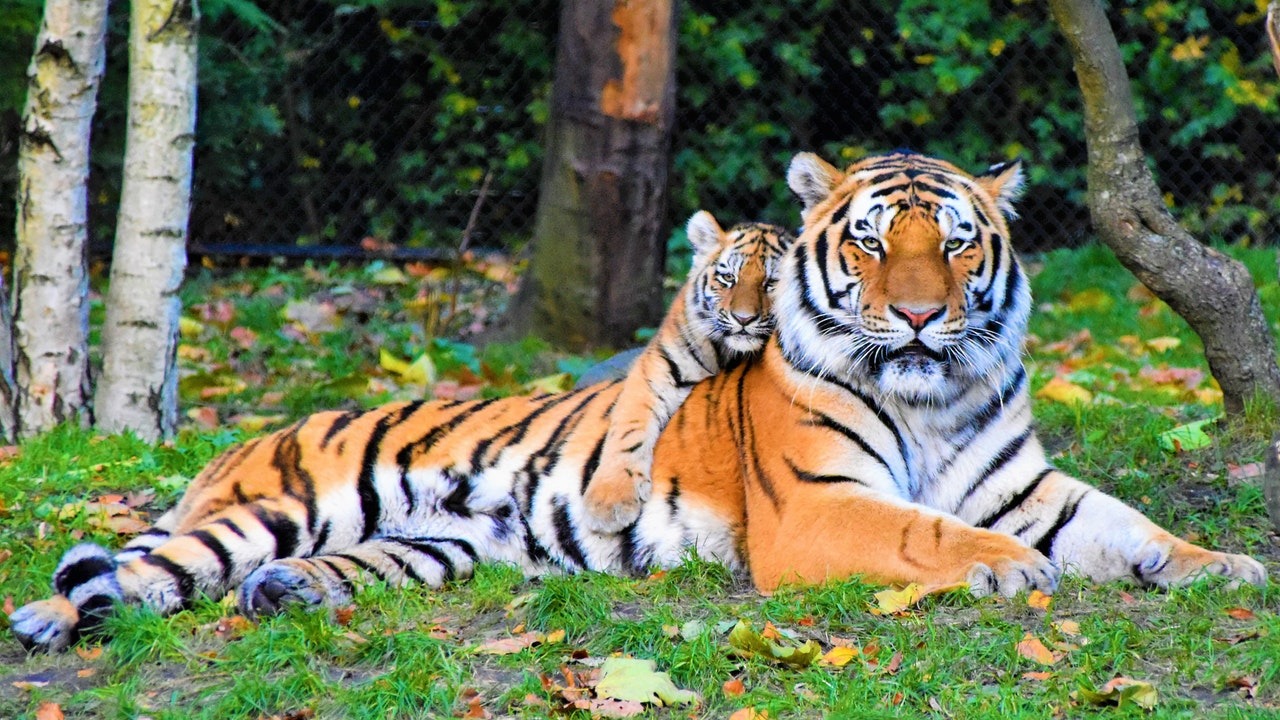
Modern Zoological Challenges
Today’s zoologists face unprecedented challenges that require innovative solutions and interdisciplinary collaboration. Climate change is altering animal habitats and behaviour patterns at rates that exceed natural adaptation capabilities. Habitat destruction continues to threaten species worldwide. Human population growth increases human-wildlife conflict scenarios.
These challenges create opportunities for zoologists to make meaningful contributions to global conservation efforts. Professional zoologists are developing innovative breeding programs, creating wildlife corridors, and designing sustainable wildlife management strategies. This work requires both scientific expertise and practical problem-solving skills.
The technology revolution is also transforming zoological work. Remote monitoring systems, genetic analysis tools, and sophisticated data analysis software are becoming standard tools in modern zoology. A contemporary zoology course must prepare students to work with these technologies while maintaining focus on fundamental biological principles.
The Future of Zoological Science
The future of zoology promises exciting developments in our understanding of animal life and our ability to protect it. Advances in genetics are revealing new insights into animal evolution and adaptation. Artificial intelligence is enhancing our ability to analyse animal behaviour and predict population changes. New technologies are making it possible to study animals in ways that were previously impossible.
These developments create expanding career opportunities for well-trained zoologists. The field continues to evolve, requiring professionals who can adapt to new technologies and methodologies while maintaining strong foundational knowledge.
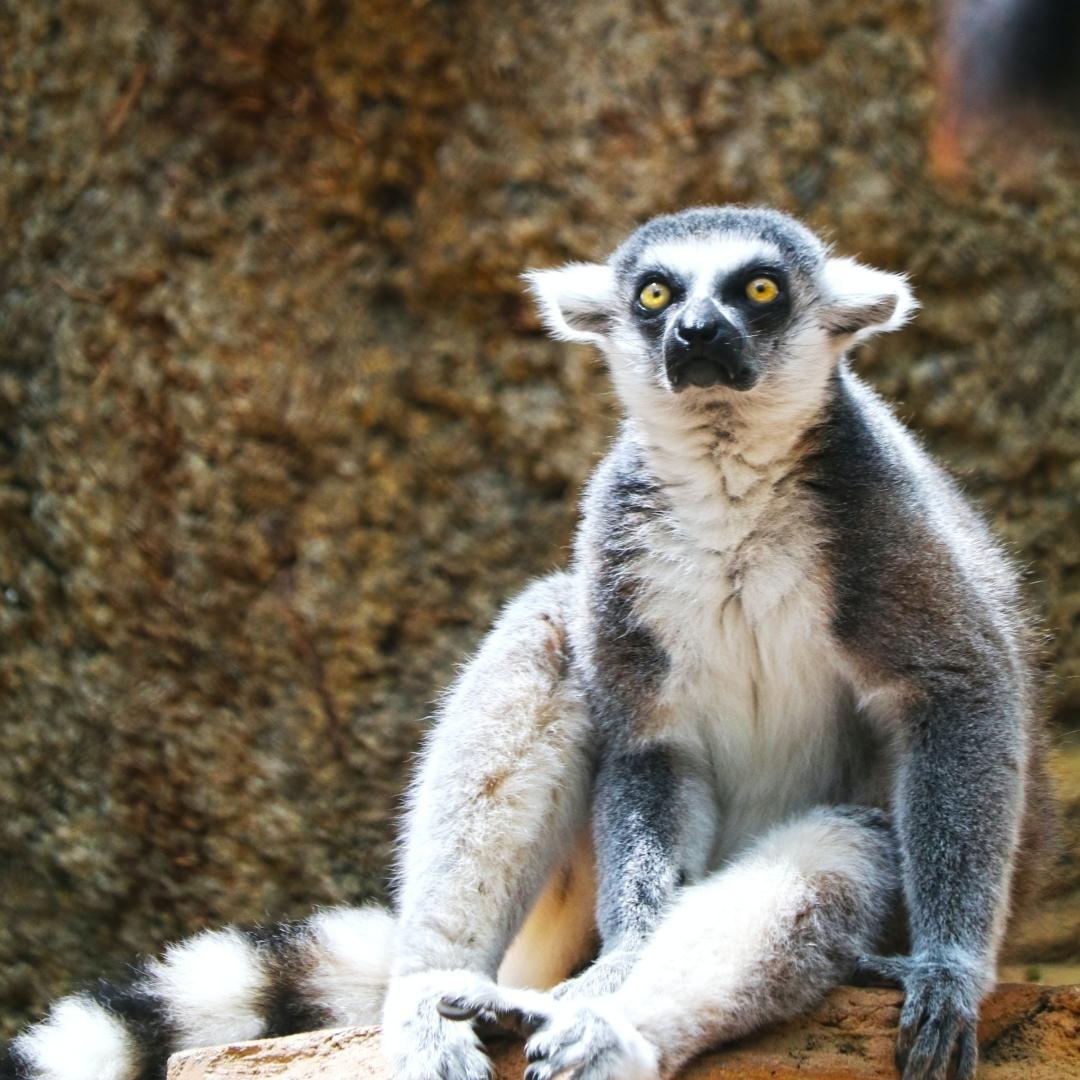
Building Your Zoological Career
For those considering a career in zoology, the path typically begins with solid educational preparation. A quality zoology course provides the foundation knowledge needed to succeed in this competitive field. However, education should be combined with practical experience through volunteering, internships, and hands-on learning opportunities.
Professional development continues throughout a zoological career. The field evolves rapidly, requiring ongoing learning and skill development. Successful zoologists commit to lifelong learning, staying current with scientific advances and industry developments.
Networking within the zoological community is equally important. Professional relationships often determine career opportunities and advancement prospects. Participation in professional organizations, conferences, and training programs helps build these valuable connections.
The Rewards of Zoological Work
Despite the challenges and competitive nature of zoological careers, professionals in this field report high levels of job satisfaction and personal fulfilment. Working with animals provides a unique sense of purpose and connection to the natural world that few other careers can match.
Zoological work offers the opportunity to make a genuine difference in animal welfare and conservation. Whether caring for individual animals in captivity or protecting entire species in the wild, zoologists contribute to preserving Earth’s incredible biodiversity for future generations.
The field also provides intellectual stimulation and continuous learning opportunities. Animal behaviour continues to surprise and fascinate researchers, ensuring that zoological work remains engaging and rewarding throughout long careers.
For those passionate about animals and committed to scientific excellence, zoology offers a career path that combines personal fulfilment with professional achievement. With proper preparation through a comprehensive zoology course and dedication to ongoing professional development, aspiring zoologists can build successful careers that make a meaningful contribution to animal science and conservation.
In a world facing unprecedented environmental challenges, the need for skilled zoologists has never been greater. The future of animal conservation depends on professionals who understand both the science of animal life and the practical challenges of protecting it. This makes zoology not just a career choice, but a calling to protect and preserve the incredible diversity of life on Earth.
If a career in Zoology interests you, get started with a Certificate of Zoology from Learning Online below.



